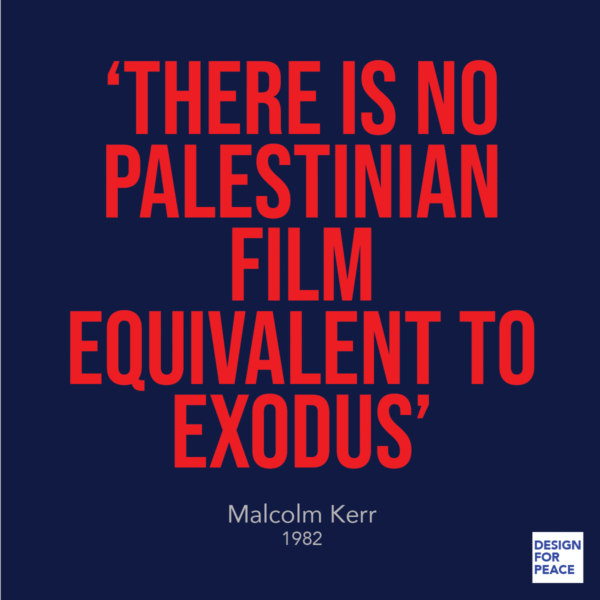In 1924, U.S. Secretary of Commerce Herbert Hoover described cinema as ‘a great instrument for promoting world peace’. Hollywood, still in its silent film era, was seen as an ambassador of goodwill, shaping a post-war narrative that leaned toward international cooperation and cultural diplomacy.
But that lofty ideal didn’t last.
By the mid-20th century, Hollywood had evolved, or devolved, into something quite different: an unofficial propaganda arm of the U.S. military-industrial complex. Through meticulously curated scripts, Pentagon-approved portrayals, and subtle omissions, cinema became a weapon of soft power; seductive, subconscious, and often invisible.
Over the decades, Hollywood’s portrayal of war has shifted from reflective to heroic, and often to outright spectacle. Blockbusters like Top Gun[1986], Black Hawk Down (2001), and American Sniper (2014) are not just action-packed thrill rides—they’re cultural artefacts that project American strength, valour, and technological dominance. These films may not explicitly claim to be propaganda, but they leave little room for questioning the machinery of war. They dazzle, inspire, and often glorify military might, while quietly narrowing the lens through which global conflict is understood.
While Hollywood often elevates its own heroes, it also repeatedly casts certain groups as the villains. Films like The Kingdom present a troubling example, set in Saudi Arabia, the film packages the Middle East as an indistinguishable blur of chaos, rage, and fanaticism. Nuance disappears. Arab characters are flattened into ‘Janglis’, wild, faceless enemies, while Western protagonists bring order, logic, and justice. [This film has stayed with me for all the wrong reasons, I remember leaving the theatre as it made me feel physically sick].
This isn’t just storytelling. It’s cultural coding.
Such portrayals shape public imagination. For many viewers, especially in the West, movies like The Kingdom, American Sniper, or London Has Fallen become the lens through which entire regions and peoples are understood, usually as threats.
Yet, for every loud blockbuster that reinforces these binaries, there are quieter films that resist them. Waltz with Bashir offers a haunting reflection on memory and war. Paradise Now invites us into the internal conflict of two Palestinian men with empathy and complexity. These films may lack the budgets or marketing muscle of Hollywood, but they offer something else: perspective.
‘There is no Palestinian film equivalent to Exodus,’ said Malcolm Kerr in 1982. Exodus (1960), based on the novel by Leon Uris, shaped an entire generation’s perception of the founding of Israel, framing the Israeli struggle in deeply humanistic, sympathetic terms. It was epic. Emotional. Politically potent.
Palestinians, however, have had no such cinematic platform on the global stage. Their stories, when told at all, are often filtered through third-party lenses or independent films with limited reach. Without access to Hollywood’s distribution networks, budgetary muscle, or geopolitical favour, their narratives are marginalised, if not erased.
Film is not just entertainment. It is a cultural mirror, and a manufacturing plant for memory, identity, and belief. The stories we watch imprint on us. They inform our sympathies, our biases, even our moral compasses.
When Hollywood tells stories of war and peace, it chooses who gets to be a hero and who is framed as a threat. Over time, the cumulative effect is staggering: entire populations come to see global events not through facts, but through carefully dramatised myths.
This isn’t accidental. It’s strategy.
If the promise of 1924 had held, if cinema had remained committed to global understanding and empathy, our world might look different today. Perhaps we’d have more cross-cultural storytelling, more truth-telling, and more uncomfortable but necessary dialogues about power, violence, and history.
Instead, we often get spectacle over substance, patriotism over peace, and fantasy over fairness.
I once spoke with a friend about a war film that, to me, felt unmistakably like propaganda. Their response? ‘Chill yaar [my friend], it’s just a movie.
That comment stopped me cold. Because nothing we consume is just anything. Not just a film. Not just a song. Not just a story.
The narratives we absorb seep into how we view the world, into how we empathise, judge, remember, and forget.
There’s a quote I keep coming back to, often attributed to Jan Vanek:
‘You are the books you read, the films you watch, the music you listen to, the people you meet, the dreams you have, and the conversations you engage in… You are a collective of every experience you have had in your life… Drown yourself in a sea of knowledge and existence… There are no wrong answers. Inspiration is everything.’
If this is true, and I believe it is, then cinema isn’t just entertainment. It’s education. It’s indoctrination. It’s imagination. It’s power.
And maybe that’s what makes the absence of certain stories, the Palestinian Exodus, for example, so glaring. If what we watch shapes who we are, then whose stories are we carrying? Whose are we leaving behind?
The idea is not to demonise film. But we do need to question it. And we need to create space for a wider range of truths on screen. Not for the sake of politics, but for the sake of humanity.


Leave a Reply
You must be logged in to post a comment.